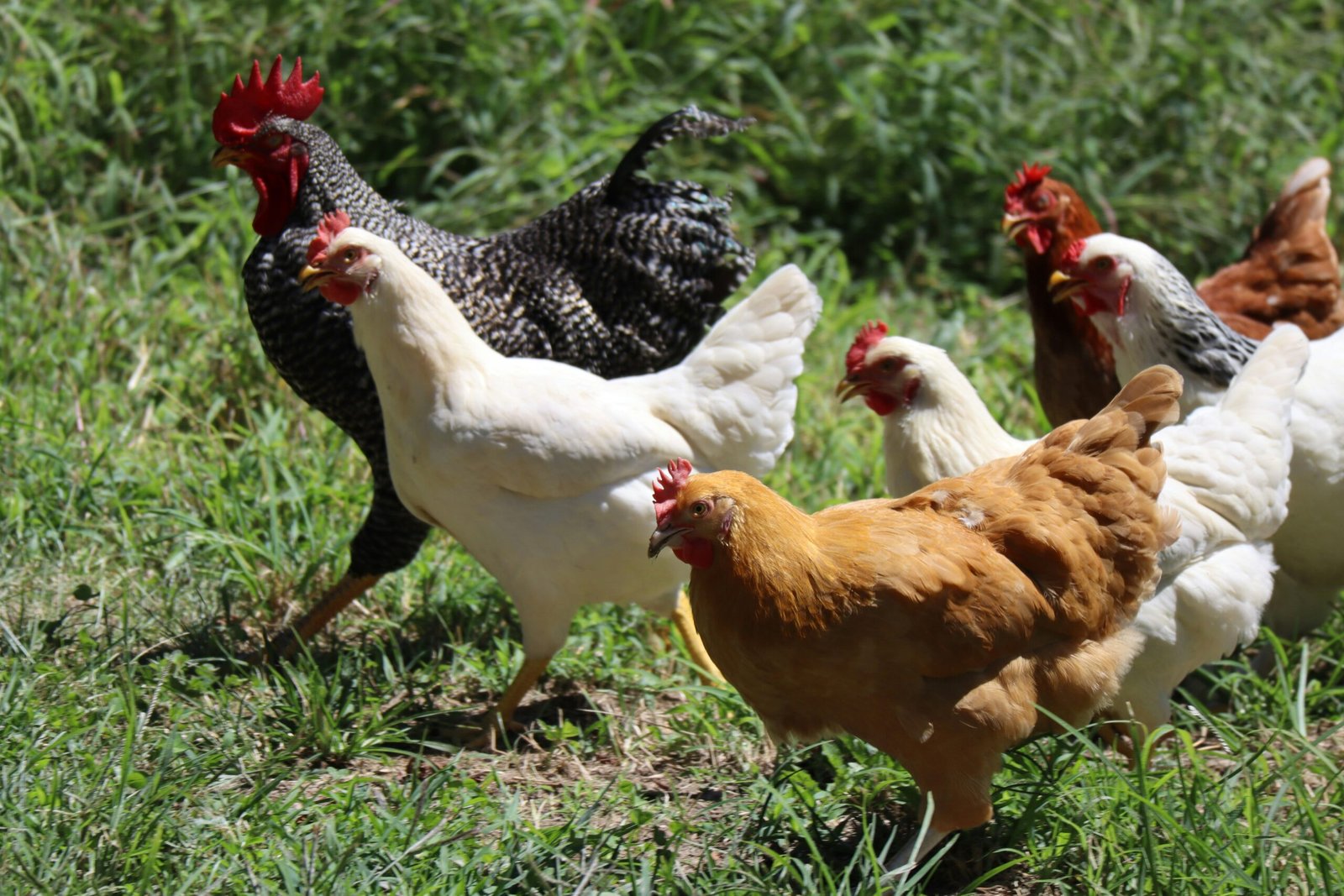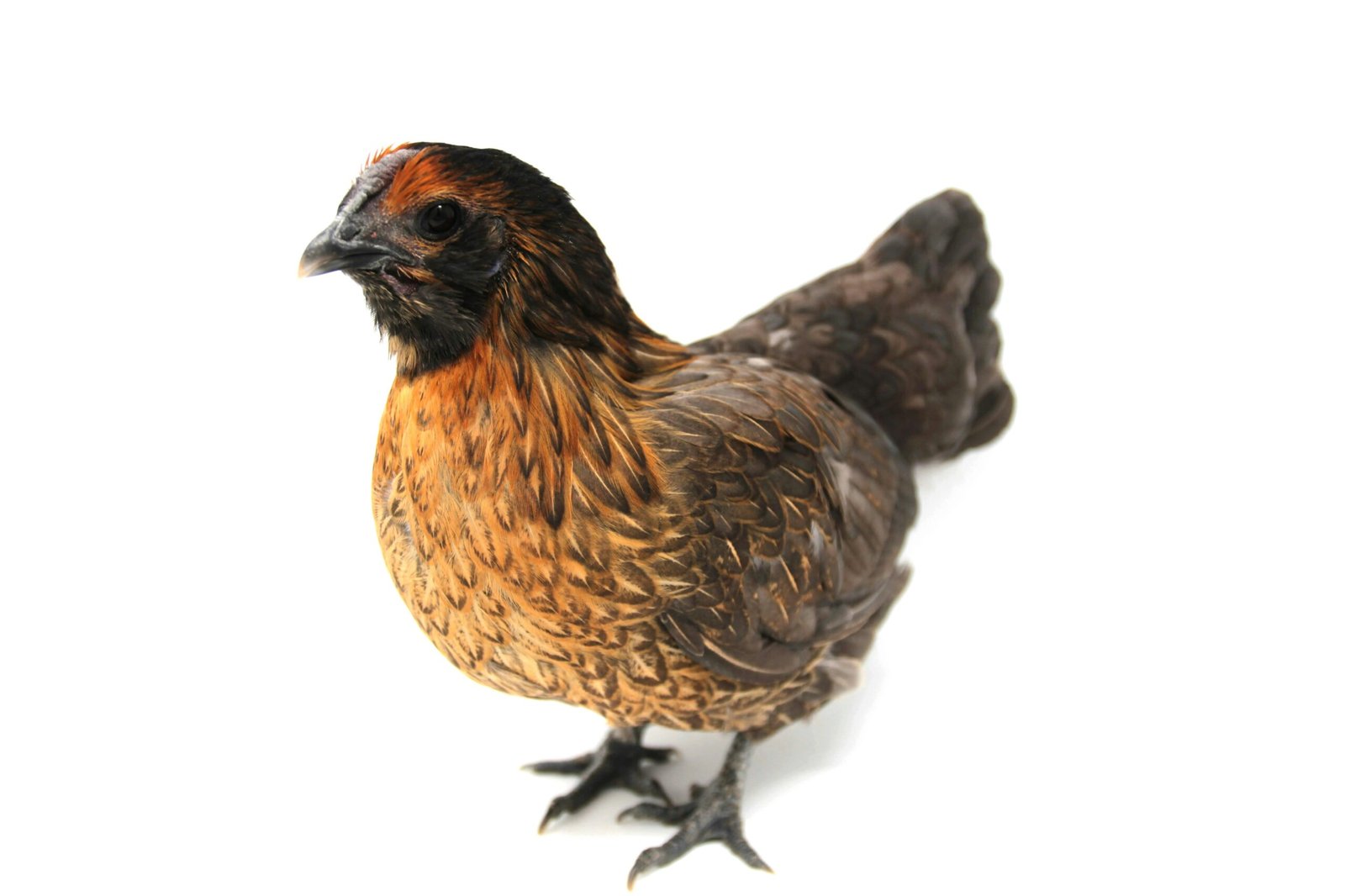Keeping chickens can be a rewarding and enjoyable experience. Not only do they provide fresh eggs, but they also make great pets. One important aspect of raising chickens is ensuring they receive a balanced and nutritious diet. While commercial chicken feed is readily available, some chicken owners prefer to make their own homemade feed. In this article, we will discuss the nutritional needs of chickens and how to meet them with homemade feed recipes. We will also offer advice on sourcing ingredients, balancing nutrients, and transitioning chickens to homemade feed.
Understanding the Nutritional Needs of Chickens
Chickens require a balanced diet to stay healthy and productive. The key nutrients they need include protein, carbohydrates, fats, vitamins, and minerals. Protein is especially important for chickens as it supports feather growth, egg production, and overall health. Carbohydrates provide energy, while fats help with nutrient absorption and insulation.
Vitamins and minerals are essential for various bodily functions, including bone development, immune system support, and eggshell strength. Some important vitamins for chickens include vitamin A, vitamin D, vitamin E, and the B-complex vitamins. Calcium, phosphorus, and potassium are among the vital minerals chickens need.
Making Homemade Chicken Feed
When making homemade chicken feed, it’s crucial to ensure that the ingredients provide a well-rounded nutritional profile. Here is a simple recipe to get you started:
- Start with a base of grains such as corn, wheat, and barley. These provide carbohydrates and energy.
- Add a protein source such as soybean meal, fish meal, or dried insects. This will help meet the chickens’ protein needs.
- Include a source of fats and oils, such as sunflower seeds or flaxseed. These provide essential fatty acids.
- Add a variety of vegetables and greens, such as kale, spinach, or carrots. These will provide vitamins and minerals.
- Supplement with calcium-rich ingredients like crushed eggshells or oyster shells for strong eggshells.
It’s important to note that the exact proportions of each ingredient may vary depending on the age, breed, and specific needs of your chickens. It’s a good idea to consult with a poultry nutritionist or veterinarian to ensure you’re meeting your flock’s specific requirements.
Sourcing Ingredients
When sourcing ingredients for homemade chicken feed, it’s best to choose organic and non-GMO options whenever possible. Look for local suppliers who offer high-quality grains, protein sources, and fresh vegetables. Farmer’s markets, feed stores, and online suppliers are all great places to find these ingredients.
Additionally, consider growing some of the ingredients yourself. Planting a small garden with greens, herbs, and vegetables can provide a fresh and nutritious supplement to your chickens’ diet. Just be sure to research which plants are safe for chickens to consume.
Transitioning to Homemade Feed
If you’re currently feeding your chickens commercial feed, it’s important to transition them gradually to homemade feed. Abruptly changing their diet can cause digestive upset and stress. Start by mixing a small amount of homemade feed with their regular feed and gradually increase the proportion over a week or two.
Observe your chickens closely during the transition period. Look for any signs of discomfort or changes in their egg production. If you notice any issues, consult with a poultry expert or veterinarian for guidance.
Conclusion
Homemade chicken feed can be a great way to provide your flock with a balanced and nutritious diet. By understanding the nutritional needs of chickens, sourcing high-quality ingredients, and transitioning gradually, you can ensure the health and well-being of your feathered friends. Remember to consult with experts and monitor your chickens’ response to the new feed. With a little care and attention, you’ll have happy and healthy chickens that reward you with delicious eggs.





